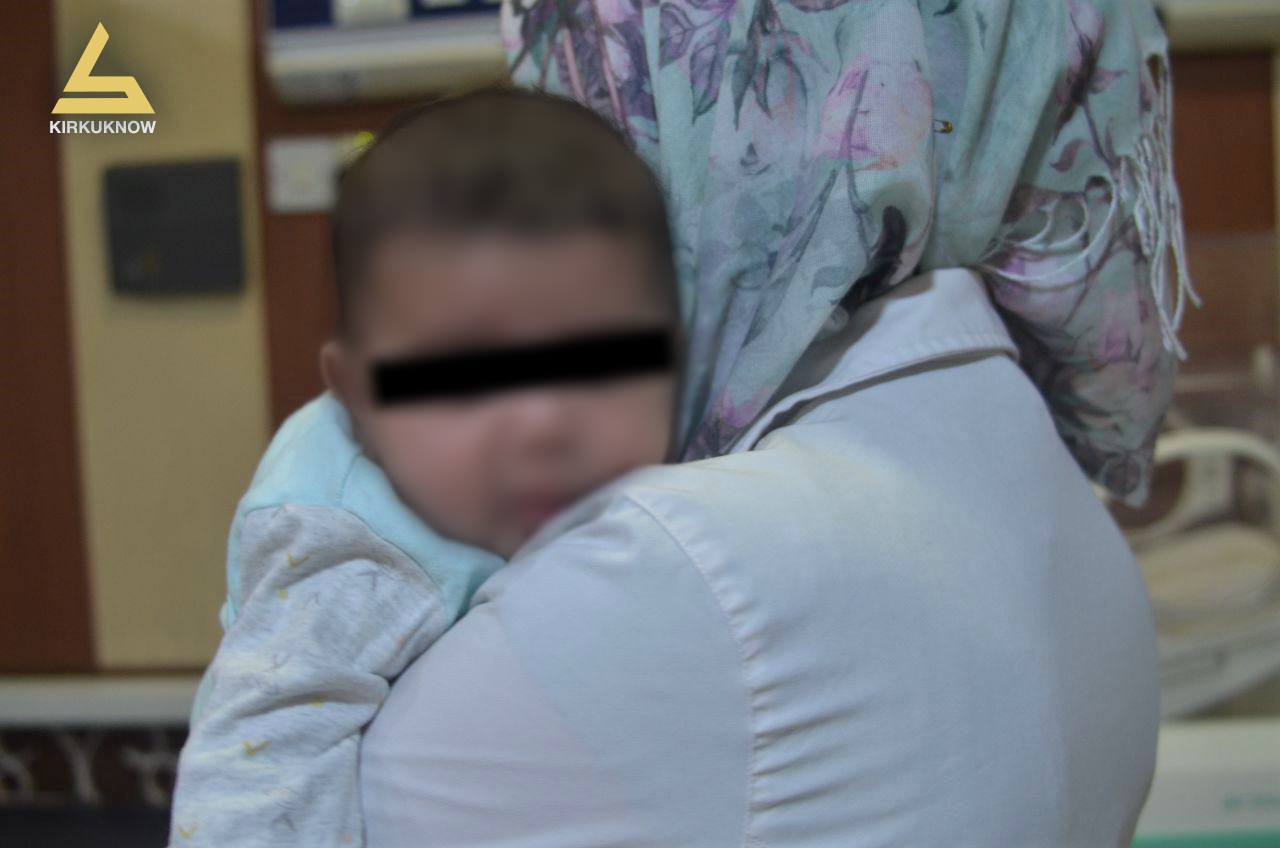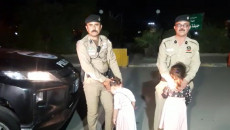The legal adoption process has become a question on the minds of many Kirkuk families seeking adoption after police found a newborn baby in a Kirkuk neighborhood last week.
On Monday, September 1, Kirkuk Emergency Police announced that they had found an abandoned newborn baby in the Zanko neighborhood in central Kirkuk and transferred him to the Pediatric Hospital for medical care.
This was the fourth similar case recorded in Kirkuk Province since the beginning of this year. As news of the baby's finding spread, KirkukNow received inquiries from several families about how to adopt children.
According to the Juvenile Welfare Law, the donation of an abandoned child falls solely under the authority of the head of the Juvenile Court. The law stipulates that anyone wishing to adopt a child must submit a request to the social worker at the Juvenile Court.
Families who submit such a request must meet the conditions set by the court, including "the family's social standing and reputation, its economic capacity, its psychological and mental state, and that the family has no other children."
Families who submit such a request must meet the conditions set by the court, including "the family's social standing and reputation
The law is not sufficient for adoption, as the family seeking adoption will be placed on a waiting list at the court, which may include hundreds of families.
According to a judicial source in the Kirkuk Court, children can be adopted by families residing within Kirkuk, so they can regularly check the adopted children.
The Kirkuk Court also requires that the family not reside in a rented home, but rather in a privately owned one, as financial capacity is one of the basic conditions for adoption. The numbers related to child abandonment cases in Kirkuk are alarming. Statistics obtained by KirkukNow indicate that ten cases of children between the ages of one day to ten-years-old were recorded during the first four months of 2022.
Kirkuknow has tried to obtain statistics for the last years but relevant authorities declined access.
Article 383 of the Iraqi Penal Code stipulates imprisonment for anyone who abandons a child in an uninhabited place, exposing them to danger and hunger.
Siroud Ahmed, head of the Kirkuk branch of the Iraqi Amal (Hope) Association, a human rights organization, previously told KirkukNow that "the reason behind abandoning children in the streets is often related to the lack of solid foundations upon which the family is built. Unfortunately, these parents themselves suffer from psychological problems that sometimes lead them to abandon their children on the side of the road."
The Personal Status Law stipulates that a child has the right to family care in a safe environment and an adequate standard of living. Ahmed pointed out that "the government must have a comprehensive plan to address this phenomenon, especially with regard to infants. It is necessary to allocate a place to shelter children born out of wedlock and abandoned by their parents."






